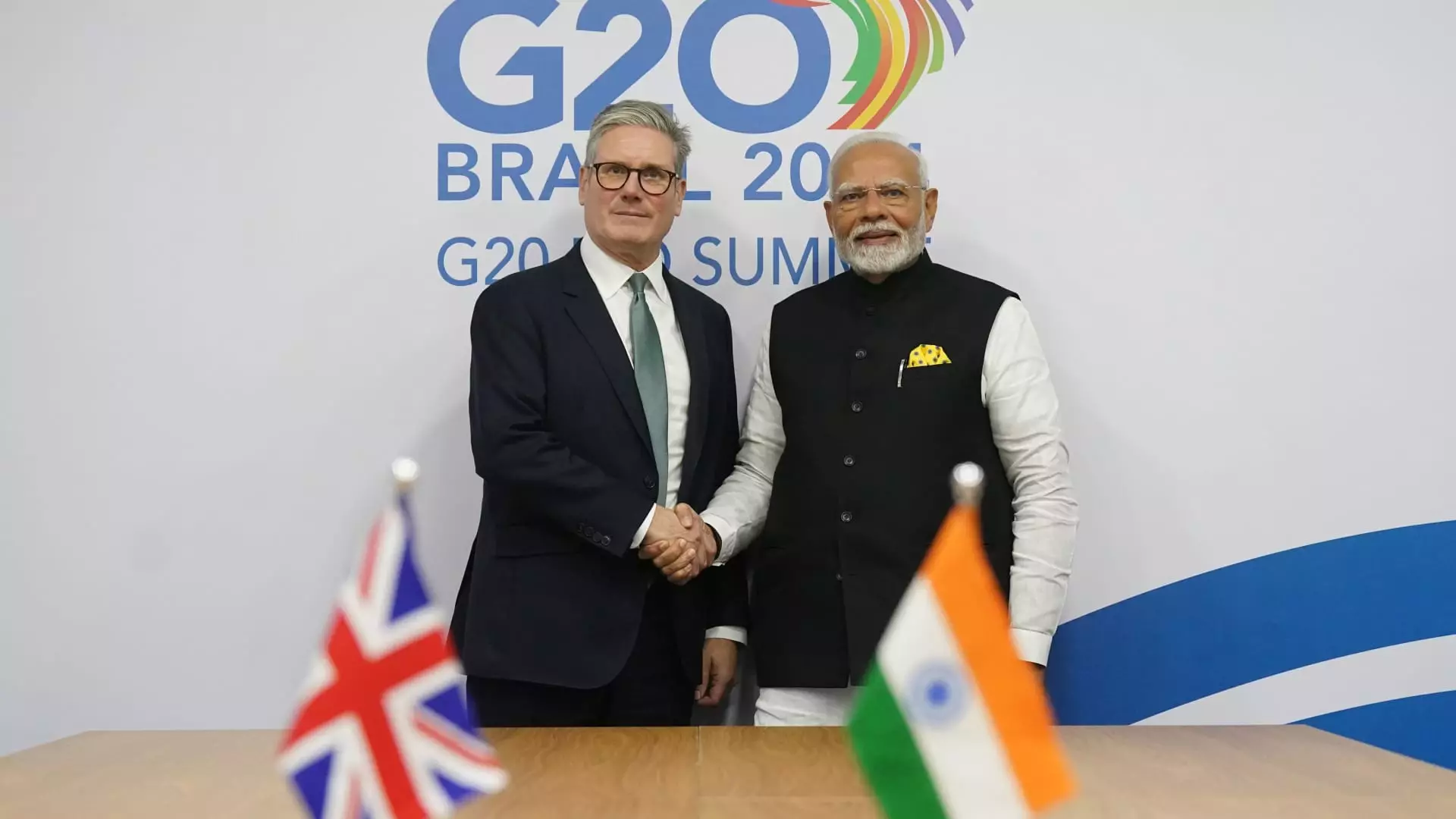In a deeply troubling pivot, the United States seems intent on diminishing its role within the G20, an international forum established to foster cooperation among the world’s leading economies. Historically, the U.S. has wielded significant influence through active engagement, shaping global economic policies that work in favor of stability and shared prosperity. However, recent developments suggest a conscious retreat, driven by an increasing skepticism toward multilateral institutions. This approach, while seemingly pragmatic to some, risks unraveling the very fabric of international collaboration that has provided a stabilizing force through financial crises of the past. Such a move could be construed as a dangerous abdication of American leadership at a time when global unity is more essential than ever, particularly amidst geopolitical upheavals and economic uncertainty.
A Diminished Commitment Signals a Shift Toward Isolationism
The absence of top U.S. officials at recent G20 meetings speaks volumes. Treasury Secretary Scott Bessent’s decision to skip key finance meetings and the broader reluctance to participate in multilateral dialogues reveals an underlying shift away from the coalescing principles of shared responsibility and cooperation. Embodying a narrow “America First” ideology, this stance portrays international institutions as impediments to domestic priorities. Yet, this internalized approach is perilous. It neglects the interconnectedness of global markets and the importance of coordinated responses to common challenges like climate change, health crises, and economic inequality. Stripping down the G20, focusing only on core financial matters, risks eroding the multilayered dialogue necessary to address these issues comprehensively.
The Contradiction of Power and Fragmentation
While some argue that streamlining the G20 process could increase efficiency, critics contend it signals a disturbing tendency: the selective dismantling of multilateral frameworks. The U.S., as a founding member, bears responsibility for maintaining the integrity of these institutions. Its diminished engagement not only weakens the G20’s capacity but also emboldens other nations—particularly rising powers like China—to assume more prominent roles without the checks and balances of American leadership. This shift risks creating a fractured global order, where alliances are less about shared values and more about power struggles. The danger lies in fostering an environment where economic diplomacy becomes a zero-sum game, undermining the long-term stability that multilateralism aimed to uphold.
The Hidden Consequences for Global Development
The call to focus on pure financial stability and development makes sense superficially but ignores the reality that economic growth cannot be decoupled from other critical issues. Climate change, digital transformation, health security, and social equity are intricately linked to sustainable economic development. When these areas are sidelined, the risk is a fragmented approach that could stifle genuine progress. Critics from developing countries warn that U.S. withdrawal from these broader discussions could hamper global efforts to address endemic inequalities. Such a move risks perpetuating a cycle where the global economy accelerates without regard for social justice, environmental sustainability, or equitable wealth distribution. Leadership in the 21st century must be inclusive and comprehensive, not narrowly focused on financial metrics alone.
Historical Roots and Future Risks
The G20’s origins after the Asian financial crisis demonstrated its vital role as a crisis-response mechanism. Yet, as the forum expanded, so did its complexity and scope. The current Washington-led retreat indicates a desire to revert to a narrower, more manageable set of priorities. But at what cost? Without active U.S. participation, the G20 risks losing its legitimacy and effectiveness. The global landscape is more volatile and interconnected than ever before, with challenges that defy unilateral solutions. If the U.S. continues down this path of disengagement, it’s not just the G20 that will suffer; the international community as a whole could regress into a less cooperative, more fractious era, where power politics override collective problem-solving.
Implications for Global Stability
Ultimately, the U.S. strategy reflects a broader trend of technological, economic, and geopolitical shifts that threaten to erode the foundations of multilateralism. While some applaud this as pragmatic and focused on American interests, it risks undermining the collective stability that has underpinned the post-World War II global order. The danger for the center-left and liberal-minded leaders is that this retreat feeds into a narrative of decline, empowering authoritarian regimes and other adversaries who view multilateral institutions as obstacles rather than opportunities. To safeguard democratic values and promote equitable growth, the U.S. must recognize that engagement, not withdrawal, is the true path to resilient global leadership. Anything less invites chaos and decay—a loss of the collaborative spirit vital for tackling the world’s most pressing issues.


Leave a Reply